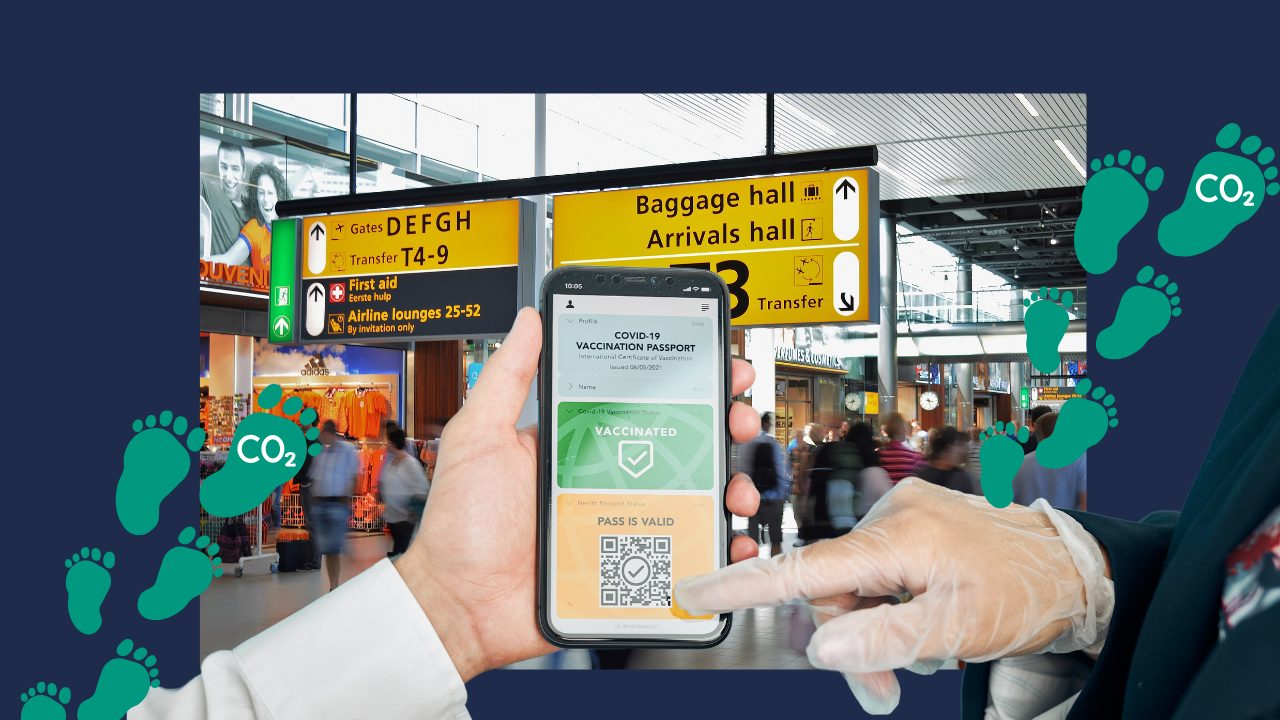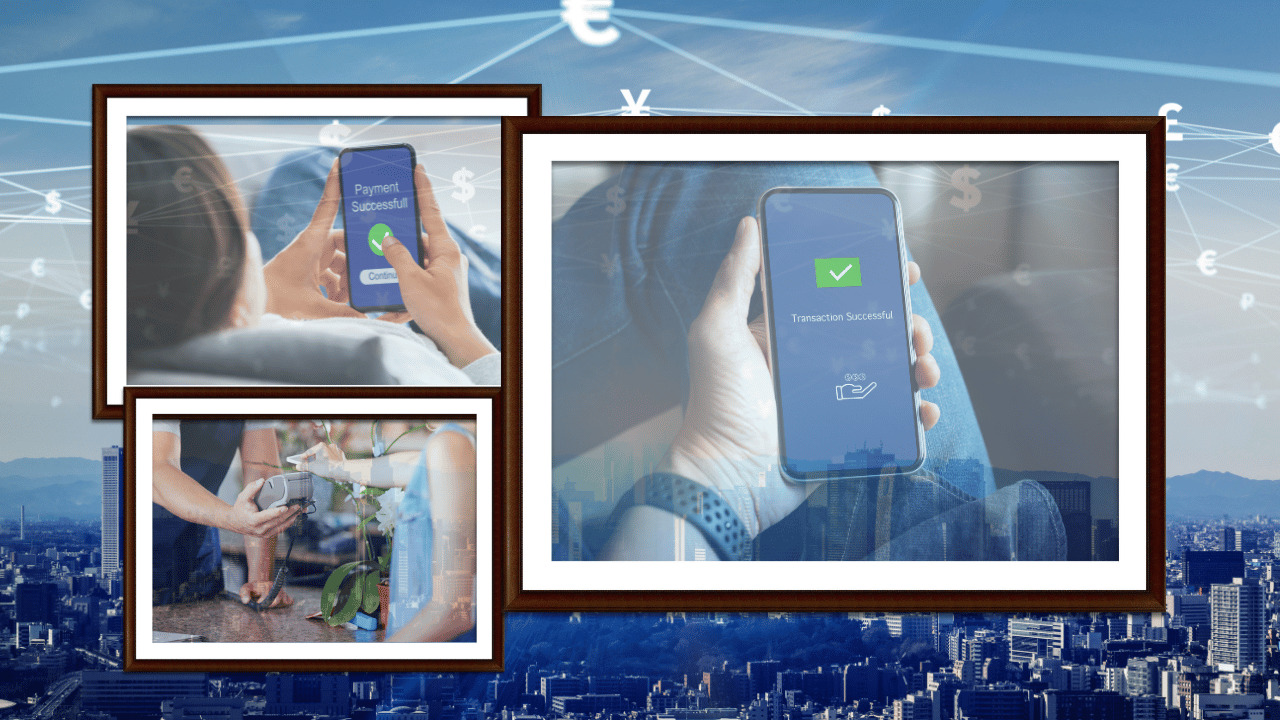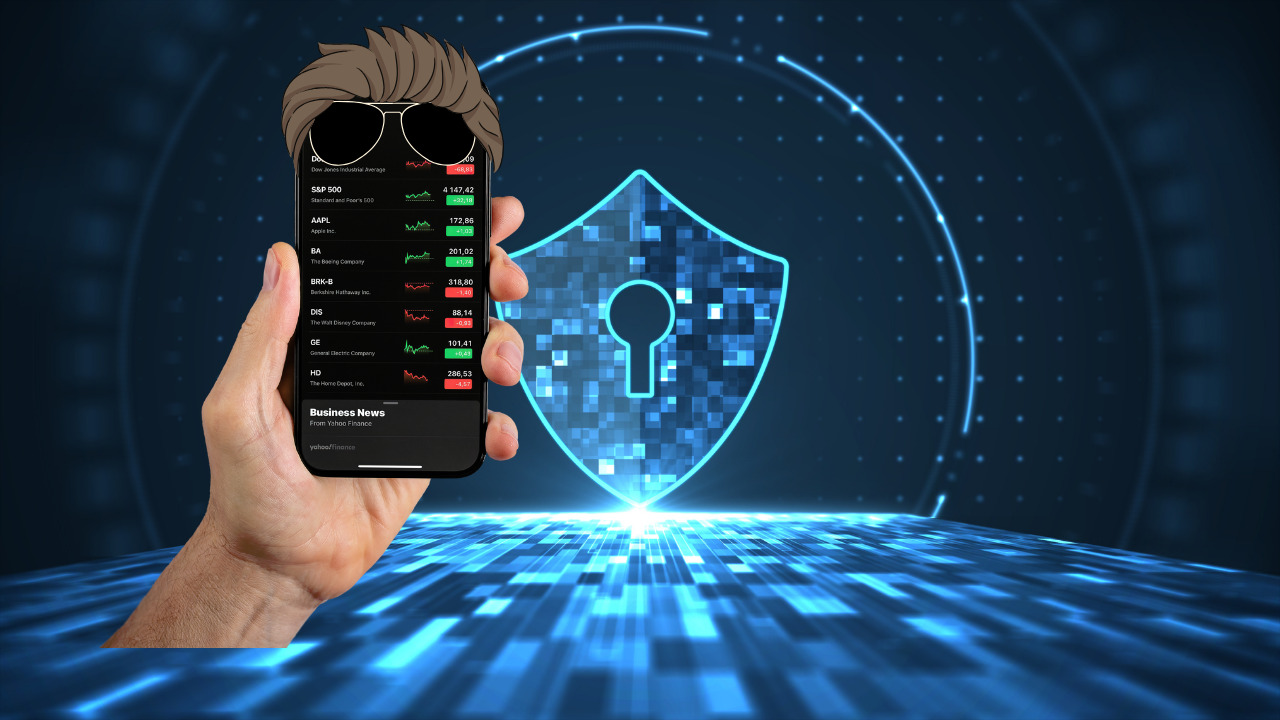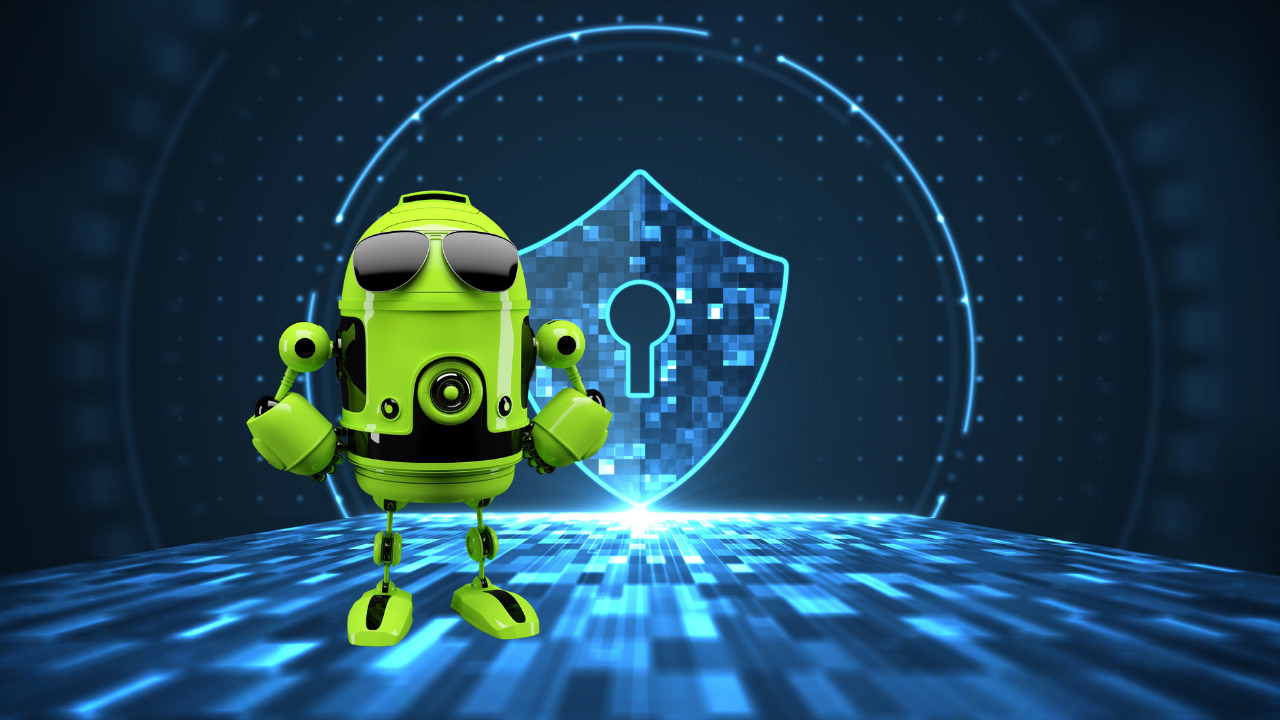Understanding the Difference: Privacy, Security, and Anonymity
In today's digital age, where our lives increasingly take place online, understanding the concepts of privacy, security, and anonymity is more important than ever. Although these terms are often used interchangeably, they refer to different aspects of how we protect our information and identities on the internet. Let's examine each concept individually to better understand what the differences are and why they matter.

![Read more about the article Digital Kill Switches: How Democracies Become Tyrannical Governments – Duplicate – [#29684]](https://prvcy.world/wp-content/uploads/2024/03/Digital-kill-switch.png)







